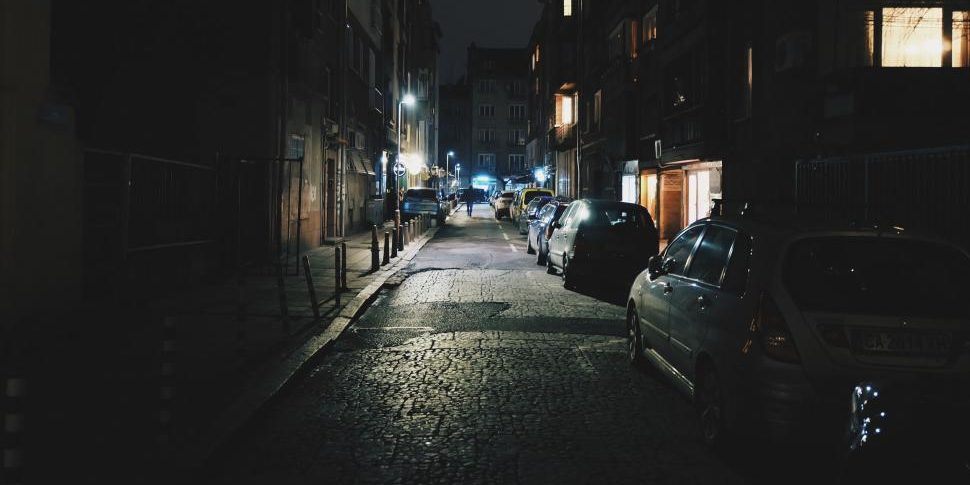How we tackle hate speech: Between freedom and prejudice
Walking back to my accommodation in Coventry city centre, I realised a small group in balaclavas had begun shadowing me. They beckoned, laughed, and tossed out lines like “Bingchiling.” At first, I took it as ignorant mimicry. It was unpleasant, but speech nonetheless.
When they followed me up to the front gate and tried to push further in, the mood changed. Security staff came out promptly, and the group peeled away. I’m grateful to the team on duty that night for their intervention.
I don’t take issue with the fact that they used racial stereotypes in their speech. In a free society, even ugly expression exists — and it should generally be met with better counter-speech. What I do take issue with is their attempt to cross a private boundary, and the feeling that the situation could tip into violence. Speech is one thing. Trespass and intimidation are another.
In the US, the law often tolerates speech we rightly condemn socially, reserving punishment for speech closely linked to violence or coercion
As a card-carrying member of the American Civil Liberties Union, I’ve been steeped in a First Amendment culture where even ugly stereotypes are generally protected unless they cross narrow lines — incitement of imminent lawless action, “true threats,” or a few other specific categories. The US Supreme Court has made that point repeatedly: advocacy is protected unless intended and likely to produce imminent violence. Even deeply hurtful speech in public forums can be protected. The government cannot discriminate against viewpoints, including slurs, simply because they offend. Those guardrails come from cases like Brandenburg v. Ohio, Snyder v. Phelps, R.A.V. v. St. Paul, Virginia v. Black, and Matal v. Tam. The upshot is that in the US, the law often tolerates speech we rightly condemn socially, reserving punishment for speech closely linked to violence or coercion.
Following me while masked, beckoning me to approach, and attempting to enter private residential premises is not merely expression. It is intimidation coupled with a trespass attempt
The UK’s framework is different. Article 10 of the European Convention on Human Rights protects expression but allows proportionate restrictions when “necessary in a democratic society,” including for public safety, public order, and the rights of others. Parliament has added specific public order offences on top of that: using threatening or abusive words or behaviour that causes harassment, alarm, or distress. There are more serious offences of “fear or provocation of violence”, and aggravated versions when hostility on racial or religious grounds is involved. There are also the “stirring up hatred” offences, which, in the case of race, can include “threatening, abusive or insulting” conduct, and for religion and sexual orientation, require “threatening” conduct with intent to stir up hatred. These standards are stricter than those in the US, but they still depend on context, intent, and the line between offence and intimidation.
That evening, the line felt crystal clear to me. Speech became conduct. Following me while masked, beckoning me to approach, and attempting to enter private residential premises is not merely expression. It is intimidation coupled with a trespass attempt.
I can live with hearing ugly words. I shouldn’t have to live with people trying to push past my front gate
I reported what happened to the West Midlands Police, and I’m thankful to the staff who intervened. I don’t want new speech codes. What I do want is a community norm that says: if you dislike someone’s ethnicity or nationality, you’re free to reveal your character by the words you choose, and the rest of us are free to condemn those words. But if you try to follow, surround, or push into where people live, expect a security response, and, if necessary, a legal one.
For students who value free expression, the answer isn’t to shrink the sphere of speech. It’s to enlarge the sphere of safety and civility. That starts with fast, visible responses to trespass and intimidation. It includes better lighting and CCTV where people walk home. And it requires a shared understanding of the law’s lines – even vile opinions should be largely protected, until they become true threats or incitement.
I can live with hearing ugly words. I shouldn’t have to live with people trying to push past my front gate.

Comments